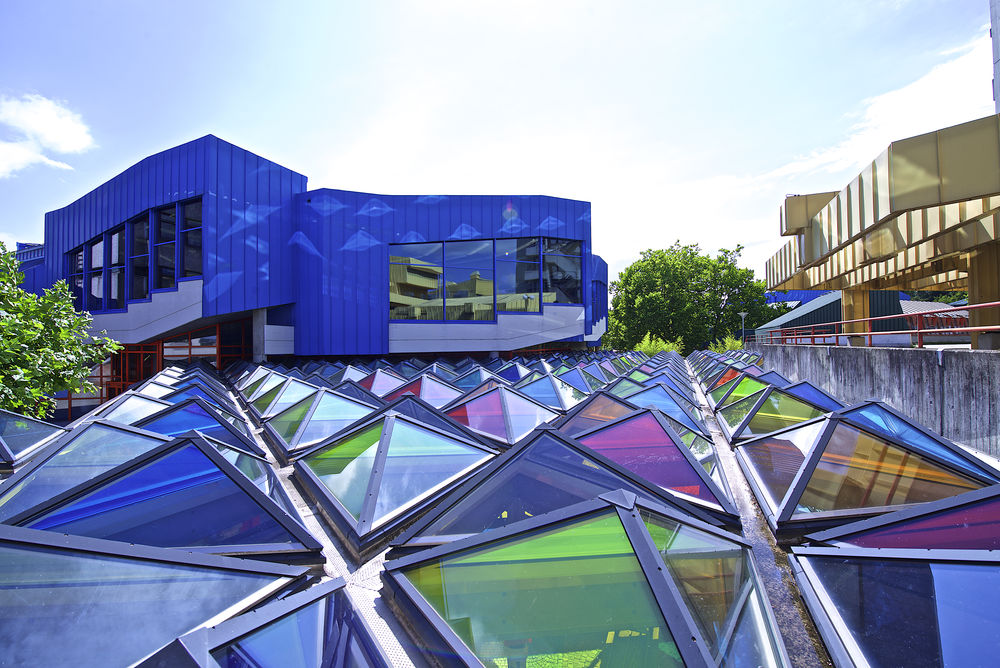Proteostasis research is a young interdisciplinary field dedicated to the fundamental biochemical processes of life. At the University of Konstanz, pioneering research on the topic of proteostasis has been carried out since 2012, within the framework of the Collaborative Research Centre "Chemical and Biological Principles of Cellular Proteostasis" (SFB 969). In December 2023, this SFB will expire. We look back on twelve successful years, while looking ahead to new perspectives that have opened…
Read more
